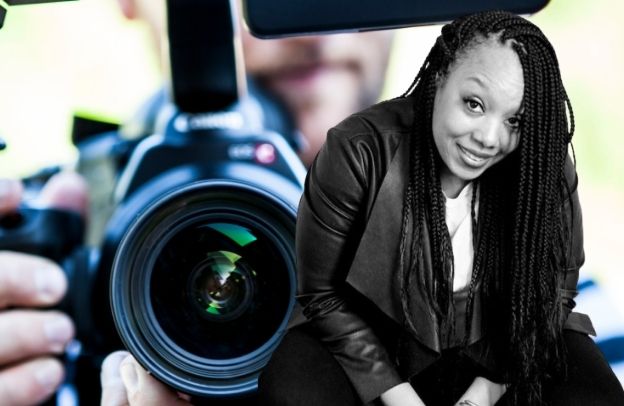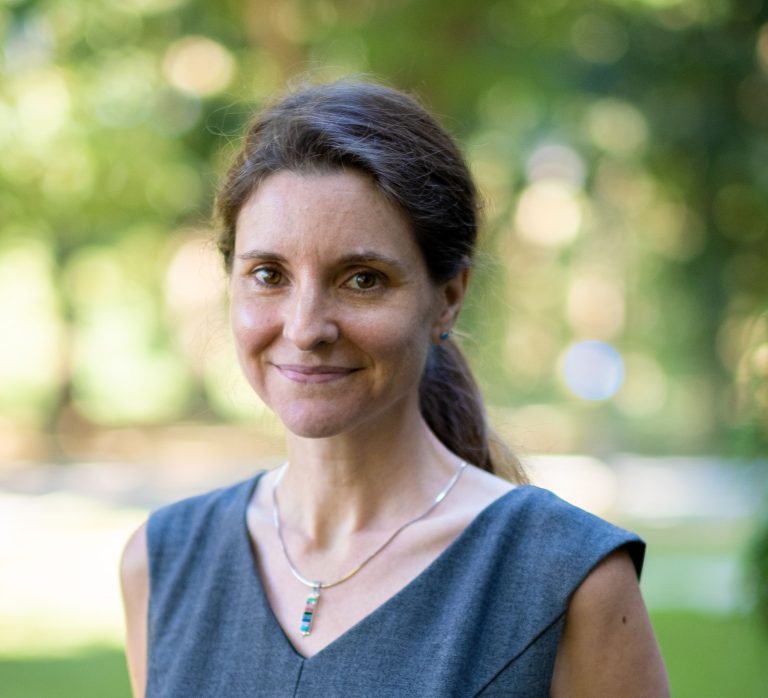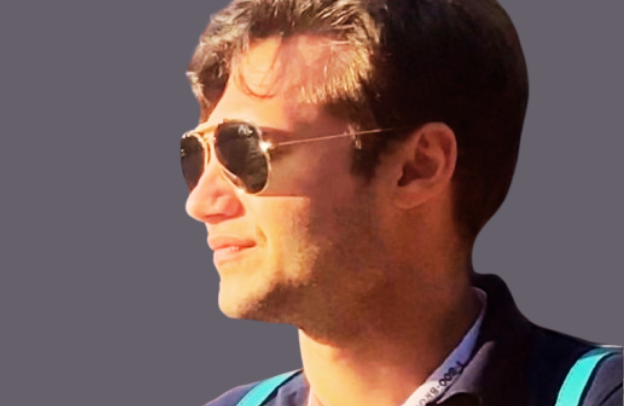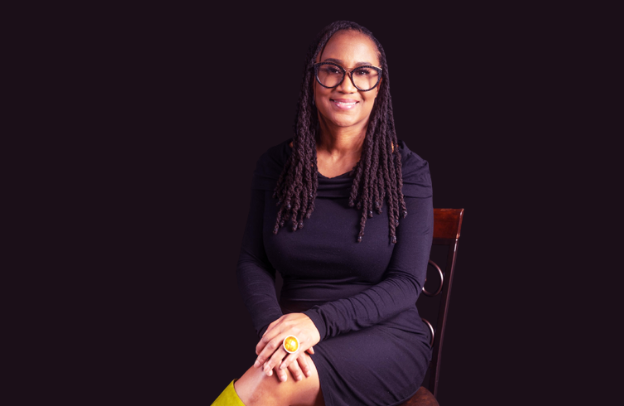Understanding what is Feminism: Insights from Full Stack Engineer, Ojochide Obidi | Obehi Podcast

Is feminism a battle against men or a fight for humanity? In a world of charged debates and social media soundbites, the true meaning of feminism can often feel misunderstood, misrepresented, or even feared. For many entrepreneurs and leaders in the African diaspora, navigating this topic can be complex, especially when trying to build businesses rooted in connection, community, and cultural heritage.
Learn How to Leverage Your Story through our Story To Asset Framework.
In a recent episode of The Obehi Podcast, host Obehi Ewanfoh sat down with Ojochide Obidi, a multidisciplinary creator whose work fuses bioengineering, UX design, and social advocacy.
Her unique perspective, grounded in both scientific research and a deep understanding of social dynamics, cuts through the noise to offer clarity, historical context, and actionable solutions.
See the full episode with Ojochide Obidi
This conversation wasn’t just a debate; it was an invitation to understand the deep-seated structures that shape our world and to discover how we can collectively build a more equitable future. For anyone looking to lead with purpose, this is a dialogue you cannot afford to miss.
From Personal History to a Global Movement
Every powerful story has an origin, a moment that plants a seed of conviction. For Ojochide, her journey into feminism began not in a university lecture hall, but in her own home.
She shared a vivid memory from her childhood: “My mom being a women leader… would have visitors come every day and they were mostly women and they were complaining about your husbands. And I can tell you for free that I had so many stories as I hid behind the dining table and listen to these women speak.”
These early experiences, coupled with witnessing the struggles of her widowed mother navigating a society that often restricted her ambitions, shaped Ojochide’s worldview. It wasn’t an abstract theory but a lived reality.
This personal foundation was fortified by a voracious appetite for knowledge. “Before I was 20 years old,” she noted, “I had read up to 2,000 books already. And these shaped me.”
This blend of personal experience and intellectual curiosity allowed her to define feminism in its purest form. “Feminism is the advocacy for equal rights for both men and women,” she explained simply. “It is a fight for human rights. It’s one of the responsibilities as humans that we need to do to fix our society.”
Her definition moves beyond the angry caricatures and frames it as a collective responsibility, a necessary step in our shared human evolution.
Unpacking the Roots of Inequality in Africa
One of the most powerful insights from the conversation was the distinction Ojochide made between pre-colonial African societies and the structures imposed upon them. This is a crucial point for entrepreneurs seeking to connect from roots to relevance. The narrative that African culture is inherently oppressive to women is a dangerous oversimplification.
“In ancient African culture,” Ojochide explained, “women were not treated as second-class citizens as you know the Europeans introduced to us.” She continued, highlighting that “women were chief priests, women owned lands, you know, they had livestock, they made important decisions of the family.
You might also like Home Through Heritage: 8 Days of Culture, Community & Connection in Tanzania
In fact, both the queen and the king almost had the same power.” Figures like Queen Amina of Zaria stand as historical testaments to this truth. Women were leaders, warriors, and landowners.
The shift occurred dramatically with the arrival of colonialism. The new power structure deliberately excluded women. “When colonial masters came, they did not meet with women, they met with men,” Ojochide stated. “They did all the discussions with men, and women were sidelined politically.”
This new model, which placed men as the sole public-facing authority, was reinforced through education. The first schools were built for boys, teaching them engineering and medicine, while schools for girls, established much later, focused on domestic skills like home economics and nursing.
This historical context is vital. It shows that many of the patriarchal challenges we face today are not authentically “African” but are instead inherited colonial legacies. To truly own your story, we must understand which parts of our current reality are rooted in our ancestral values and which are the remnants of external imposition.
The Solution: Rewiring Our Upbringing and Mindsets
Understanding the problem is only the first step; creating change requires a clear path forward. Ojochide was adamant that the solution isn’t about separation or conflict but about a fundamental rewiring of our society, starting from childhood.
“The simple solution is from the upbringing,” she declared. “What is the fundamentally wrong issue here? I emphasize that men should be given the same training that a woman is giving.”
This is where the principles of self-mastery and collaboration become essential. The deeply ingrained practice of assigning gendered roles from birth creates an imbalance that lasts a lifetime.
Ojochide pointed to common examples: girls are taught to cook and serve their future husbands, while boys are excused from domestic responsibilities. Boys are allowed to roam freely and express aggression, while their emotions are suppressed with phrases like “why are you crying?”
This conditioning doesn’t just harm women; it limits men, robbing them of essential life skills and emotional intelligence.
The solution, she argues, is a conscious decision to raise children as capable human beings, not as gendered stereotypes. “What is good for the goose is good for the gander,” she said. “Both of you can compete in sports. Both of you can compete in academics… You as a man… should know about women’s period. You should know how to fix a pad.”
This call for shared knowledge and responsibility is the essence of Ubuntu: I am because we are. A society where men are partners in all aspects of life, not just providers or protectors, is a stronger, more resilient society for everyone.
A Call to Action: The Work Belongs to Everyone
Ultimately, Ojochide delivered a powerful call to action, shifting the focus of the work. While empowering women is critical, she argued that the next phase of progress depends on men.
“We need to relearn to unlearn,” she urged. “It is men that should learn more of feminism than women, you know, in general. Because men are the ones that need to be rewired.”
This isn’t an accusation but an invitation. It’s a call for men to approach the conversation with an open heart, to question their inherited privileges, and to understand that feminism is not a threat to their masculinity but a key to their own liberation from restrictive roles.
When men understand feminism, they can become powerful allies in building healthier families, more innovative businesses, and more just communities.
This journey of understanding and rewiring is central to the work we do at AClasses Academy and with The Obehi Podcast. As Obehi Ewanfoh often says, mastering the power of storytelling is key to building your life and legacy. Part of that mastery involves understanding the stories that have shaped our society and choosing to write a new one, together.
If you’re an entrepreneur ready to use your unique narrative to attract your ideal clients and build a brand with impact, Obehi’s Story to Asset Framework is designed to help you do just that.
To dive deeper into this transformative conversation with Ojochide Obidi, listen to the full episode on The Obehi Podcast, where over 1,000 interviews with global leaders await you.





